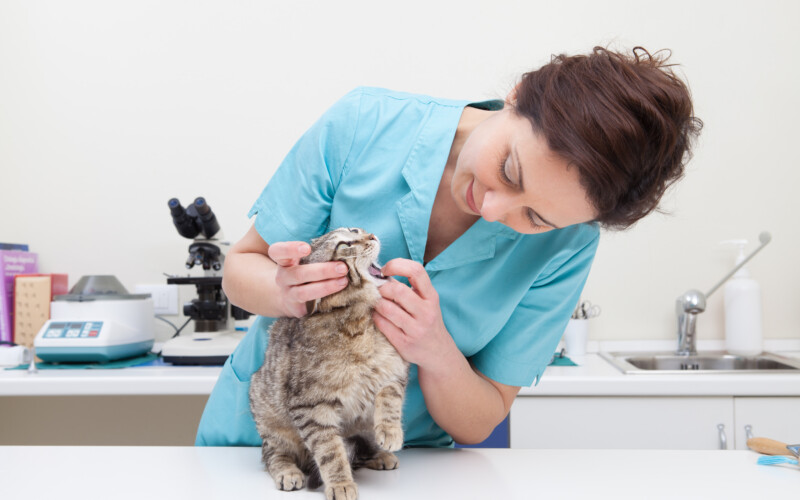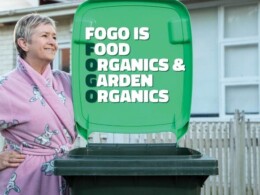A TAFE NSW animal studies teacher has dished up the top tips to Central West locals to safeguard their beloved pets against illness and accidents during the festive season.
It comes amid a nationwide boom in pet ownership, with Animal Medicines Australia reporting an estimated 30.4 million pets across the country, with 69 per cent of households now owning a pet, up from 61 per cent only two years ago.
TAFE NSW Head Teacher of Animal Care Kathy Teall said with new pets being welcomed into many local homes as gifts this Christmas and with the holiday season disrupting the routines of existing pets, there were some simple ways to ensure a stress-free holiday season for your furry friends.
Her top tips include:
- Keep pets away from your festive feast: Fatty meats can cause your pet life-threatening diseases such as pancreatitis. Other foods that are safe for us to eat but are toxic to many pets include chocolate, raisins, some nuts, and a commonly used sugar substitute called xylitol.
- Be tick aware: Paralysis ticks can cause serious illness and death in your beloved pet. Speak to your vet about the risks in your area and the best preventative measures.
- Beat the heat: Pets are at high risk of heat stroke during the summer months. Make sure your pet has access to fresh, cool drinking water and shade at all times. Avoid exercising your pet during the hotter parts of the day.
- Never leave your pet in the car: A car’s interior temperature will skyrocket in summer, even if you leave the windows open. This can cause heat stroke and death within a matter of minutes.
- Know what’s normal for your pet: This is the most important tip as it helps you recognise emergencies. Help your pet become comfortable with being examined by you so you can check their ears, eyes, mouth, paws and skin without them being concerned. Contact your vet if you notice changes in your pet’s appetite or behaviour.
Ms Teall said for those attracted to a career in animal care, TAFE NSW was offering a host of courses in 2024 to ensure students could get the practical, in-demand skills and real-world experience to make a running start in the industry.
“There’s such a high need for jobs like vet nurses, vet receptionists, pet groomers, animal attendants and kennel hands, and there will be an even higher demand for those jobs in future,” Ms Teall said.
She said many TAFE NSW animal studies students secured work shortly after graduating or even during their work placement.









